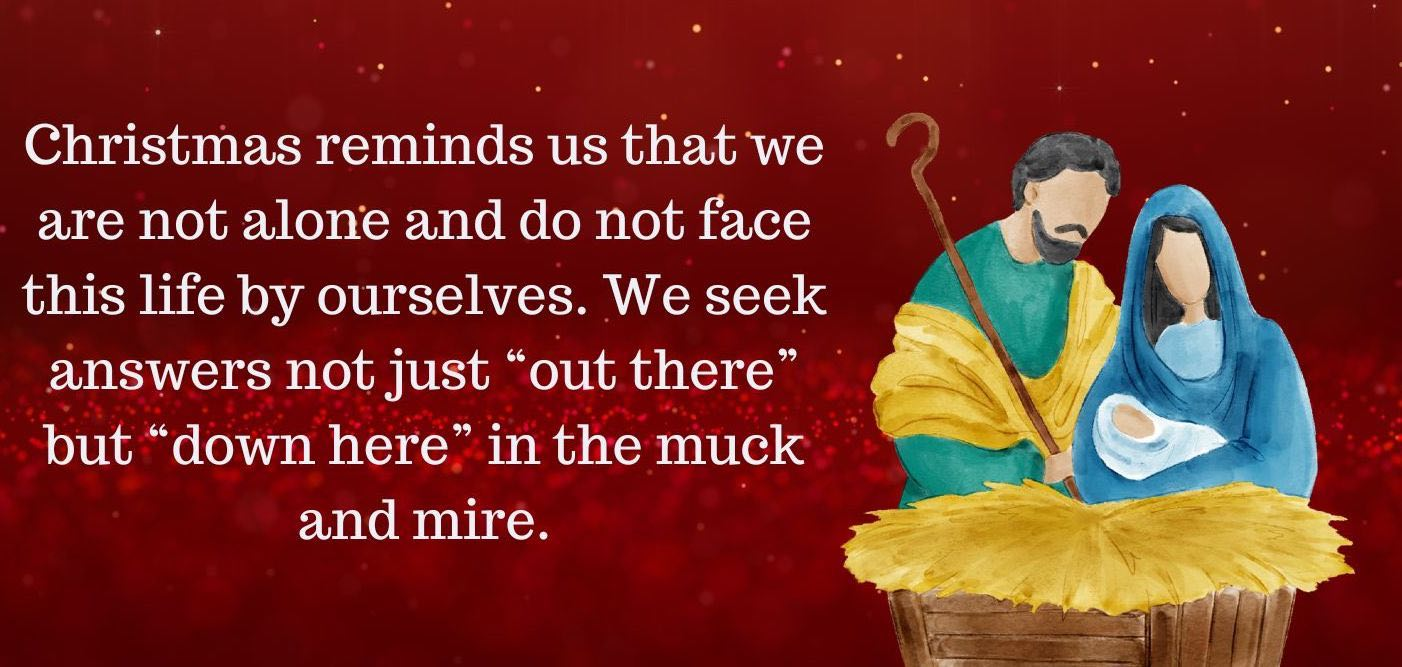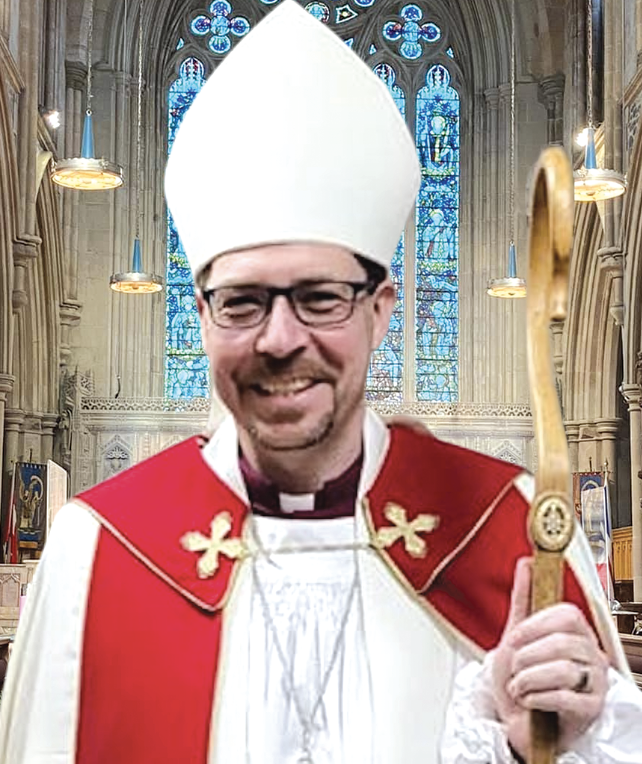Like many, I watched the “historic” commercial space flight by Blue Origin last year with William Shatner—Captain Kirk himself—on board. It made history because Shatner is now the oldest person to travel to space at the age of 90. As CNN reported, “Shatner’s flight marked the second of what Blue Origin hopes will be many space tourism launches, carrying wealthy customers and thrill-seekers to the edge of space. It could be a line of business that helps to fund Blue Origin’s other, more ambitious space projects.”
After his 10-minute and 17-second voyage to the final frontier, Shatner said, “Everybody in the world needs to do this. Everybody in the world needs to see it.”
That is, if “everybody” has the expendable income to make the trip. If you do, it is reported that the ticket prices start at $250,000 for Virgin Galactic and can cost up to $28 million on Blue Origin and $55 million on SpaceX. William Shatner didn’t have to pay anything, by the way. His ticket was free, courtesy of Blue Origin founder and billionaire Jeff Bezos. (Source: CNN)
Humanity has long looked “up there” for answers. Are we alone in the universe? Is there intelligent life out there? Would we be better off living on Mars? So, I ask you: would you take off to outer space if you could? Would you consider getting off this planet? After the last two years that we have all gone through, who wouldn’t want to go to a galaxy far, far away?
Good questions. But, and I know this will sound curmudgeonly, I have to ask: the money spent on getting off the Earth—could some of that be better served by fixing the problems here on it? With so many hurting and in need of help, and with this world already in an environmental crisis, shouldn’t we try to care for the people and the planet first before blasting off from it?
The escapism of this world, and I guess our problems, intrigue me. I remember the t-shirt which said, “Stop the Earth, I Want to Get Off!” And to be fair, we all need a break from the daily stresses and strains. Yet there has to be more than just escapism. If we are not addressing and confronting the realities of the world and this life, getting away from it all is simply an avoidance tactic.
What is the root cause of this escapism? Why do we try to avoid those stresses and strains of life? Why do we look “up there” when we need answers or direction? Perhaps, we need to take a look a bit closer to home. God did. And that is why we have Christmas.
Christmas is the opposite of escaping this world and all of its problems. Unlike trying to get off this planet, Christmas is God coming here in the person of Jesus Christ and dwelling among us. Christmas is God’s answer to the problems we face here. As one preacher noted: “Christmas is proof that God will stoop as low as is necessary…and I mean low…to get what God wants. In Jesus Christ, God has come into the muck and the mire of the human situation to roll around in the dirt with us humans to rescue us from the muck and the mire.”
(Source: https://www.patheos.com/blogs/jesuscreed/2015/12/25/the-god-of-christmas-surprise/)
Unlike those space tourists who want a “god-like view” of the world, our God is not some absent deity looking down upon us. God comes down to us in the muck and mire of the human condition. “For God so loved the world that he gave his one and only Son, that whoever believes in him shall not perish but have eternal life. God did not send his Son into the world to condemn the world, but to save the world through him.” (John 3:16-17)
That is Christmas. That is the Gospel—the Good News—in a nutshell. God so loved the world—loves you—loves me—that God participates actively with us here and now. We read in the Gospel of Matthew that the very name of Jesus tells us his purpose: “(Mary) will give birth to a son, and you are to give him the name Jesus because he will save his people from their sins.” All this took place to fulfill what the Lord had said through the prophet: “The virgin will conceive and give birth to a son, and they will call him Immanuel” (which means ‘God with us’). (Matthew 1:21-23).
Christmas reminds us that we are not alone and do not face this life by ourselves. We seek answers not just “out there” but “down here” in the muck and mire.
Christmas is the promise that no matter what life throws at us: COVID-19, sickness, grief, heartbreak, no matter what, God is with us, and for us, through it all. God is part of our suffering, brokenness, worry, and pain. God shares our humanity. God is with us. And if that is true for us, it is true for everyone.
If we believe this, God invites us to participate in this world in ways that show God’s presence in often simple yet profound ways. Instead of escaping from this world, we can dive into the muck and mire, not alone, but with God. We see this in ways, especially at Christmas, when God invites us to share in the lives of others, offering hope, joy, peace, and love.
As I once wrote in a Christmas Letter to the Diocese, “Perhaps we can adjust our view to see the signs of the presence of God that are all around us. Look in unlikely places and expect to be surprised. I often reflect on my day and see where and how God showed up. I’ve seen God sitting with a scared and anxious patient in a doctor’s waiting room. I’ve seen God smile at someone who felt no one cared about them. I’ve heard God speak words of love and acceptance to a broken heart. I know it was God because that anxious patient, the one who felt no one cared, and the person with the broken heart was me. God was with me each time and more. I do not doubt it!”
Perhaps you have seen God in other ways? Or maybe you are still wondering where God is. Wherever you are in your faith, God invites you to take another look and be surprised. In the good times and the bad—no matter what happens—God is with us, and that is Good News.
My dear friends, may Christmas be a reminder that God is with us. Let us not escape from the world, but may we continue to join with God on this incredible journey of faith and life, sharing God’s love with everyone.
At Christmas and beyond, may we boldly go where God has already gone before.
+Samuel, Eastern Newfoundland & Labrador


